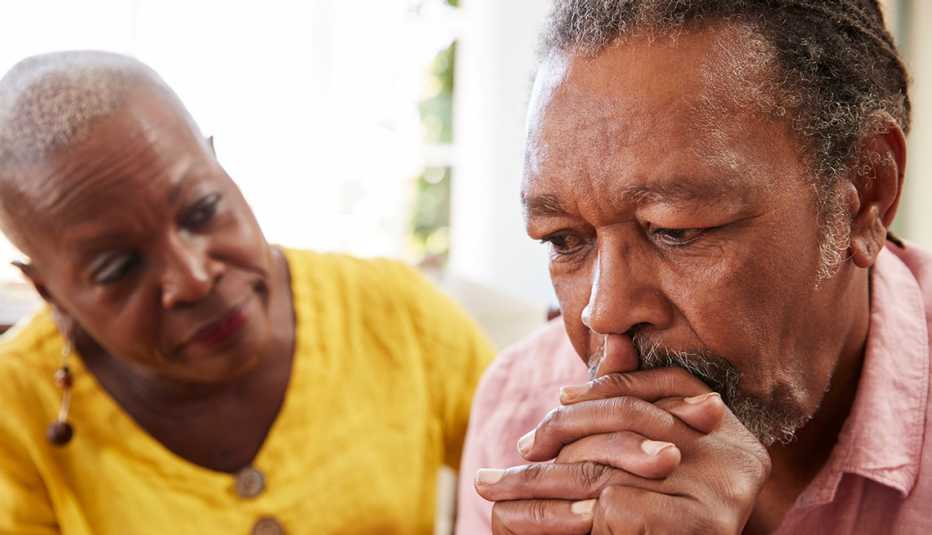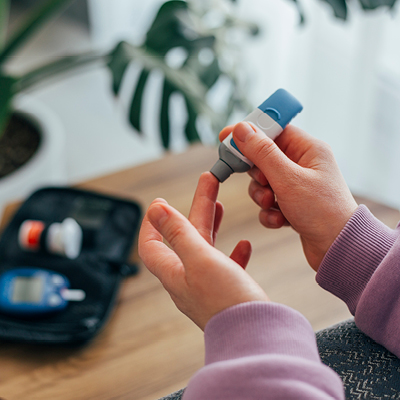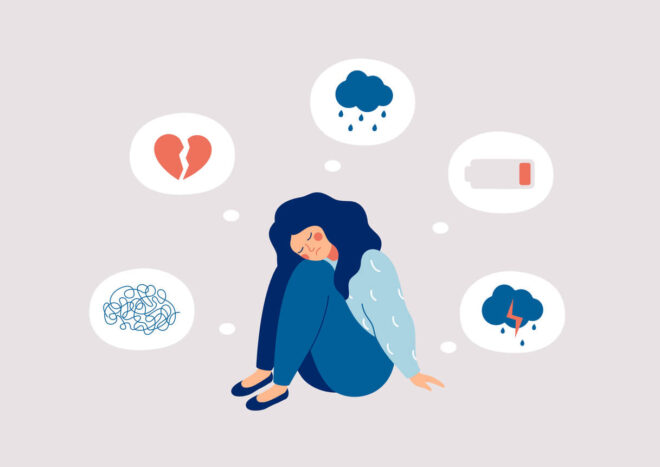How Do You Know If You Have Depression: 10 Warning Signs You Shouldn’t Ignore
Feeling sad, hopeless, and fatigued for an extended period may indicate depression. Seek professional help.
Experiencing persistent feelings of sadness, hopelessness, and fatigue could be signs of depression. While occasional feelings of sadness are normal, when these feelings linger and interfere with daily life, it may be a cause for concern. Other symptoms of depression include changes in appetite, sleep disturbances, difficulty concentrating, and loss of interest in activities once enjoyed.
If you or someone you know is experiencing these symptoms, it is crucial to seek help from a mental health professional. We will explore the signs, causes, and treatment options for depression to provide a better understanding of this mental health condition.

Credit: www.cedars-sinai.org
What Is Depression
Depression is a serious mental health condition that affects how a person thinks, feels, and behaves. Common signs of depression include persistent feelings of sadness, hopelessness, and worthlessness. Physical symptoms of depression may include changes in appetite, sleep disturbances, and unexplained aches and pains.
10 Warning Signs
10 Warning Signs of Depression: Recognizing the symptoms of depression is crucial for seeking help. Some common signs include persistent sadness or hopelessness, loss of interest or pleasure in activities, changes in appetite or weight, sleep disturbances, fatigue or loss of energy, feelings of worthlessness or guilt, difficulty concentrating or making decisions, physical aches or pains, thoughts of death or suicide, and social withdrawal.
Why These Signs Shouldn’t Be Ignored
Having depression can significantly impact your daily life in various ways. It is crucial to recognize the signs and seek help early on.
The first sign to watch out for is the effect on your daily activities. Depression can make even the simplest tasks feel overwhelming, leading to a lack of motivation and productivity.
Another important aspect is the risk of harm. Depression can make you feel hopeless and trapped, increasing the likelihood of self-harm or suicidal thoughts. It’s essential to reach out to friends, family, or a mental health professional for support.
Finally, depression can strain your relationships. You may become irritable, distant, or emotionally unavailable, causing strain with your loved ones. Communication and understanding can help mitigate these challenges.

Credit: www.aarp.org
Seeking Help
If you find yourself experiencing persistent feelings of sadness, hopelessness, or loss of interest in activities you once enjoyed, you may be struggling with depression. Seeking help from a mental health professional can provide valuable support and guidance in managing these symptoms effectively.
| Recognizing depression symptoms early can help improve your quality of life. |
| Professional evaluation is crucial to receive the correct diagnosis. |
| Treatment options may include therapy, medication, or a combination of both. |

Credit: www.summahealth.org
Frequently Asked Questions For How Do You Know If You Have Depression
How Do I Know If I Have Some Form Of Depression?
To determine if you have some form of depression, watch out for signs like persistent sadness, loss of interest in activities, changes in sleep or appetite, lack of energy, difficulty concentrating, feelings of guilt or worthlessness, and thoughts of self-harm.
Seek professional help for a proper diagnosis and treatment.
What Are The Three 3 Main Symptoms Of Depression?
The three main symptoms of depression are persistent sadness, loss of interest or pleasure in activities, and extreme fatigue or lack of energy. Other common symptoms may include changes in appetite or weight, difficulty sleeping or sleeping too much, and feelings of worthlessness or guilt.
What Are The Signs Of Depression?
Depression is often characterized by persistent sadness, loss of interest in activities, decreased energy, changes in appetite or sleep patterns, feelings of guilt or worthlessness, difficulty concentrating, and thoughts of self-harm or suicide.
How Is Depression Diagnosed?
Diagnosing depression involves a thorough evaluation by a healthcare professional, such as a psychologist or psychiatrist. They will assess your symptoms, medical history, and conduct a mental health examination to determine if you meet the criteria for depression according to diagnostic guidelines.
Conclusion
Recognizing signs of depression is crucial. Seek professional help for proper diagnosis and treatment. Take care of your mental well-being. Trust your instincts and reach out to loved ones. Remember, you are not alone in this journey. Stay informed and prioritize self-care.
Your mental health matters.
